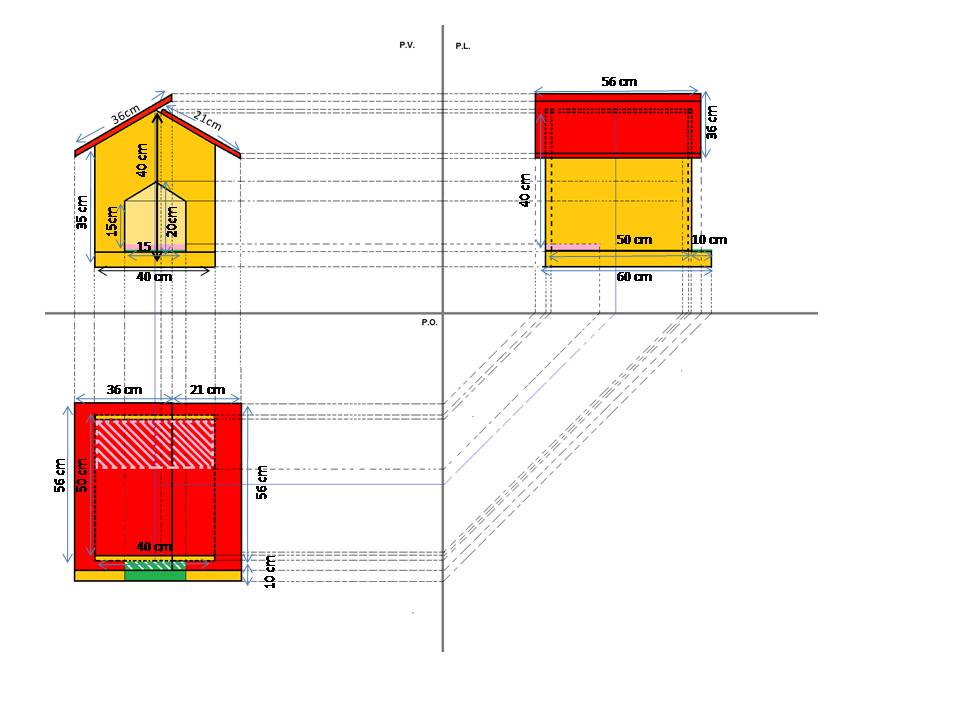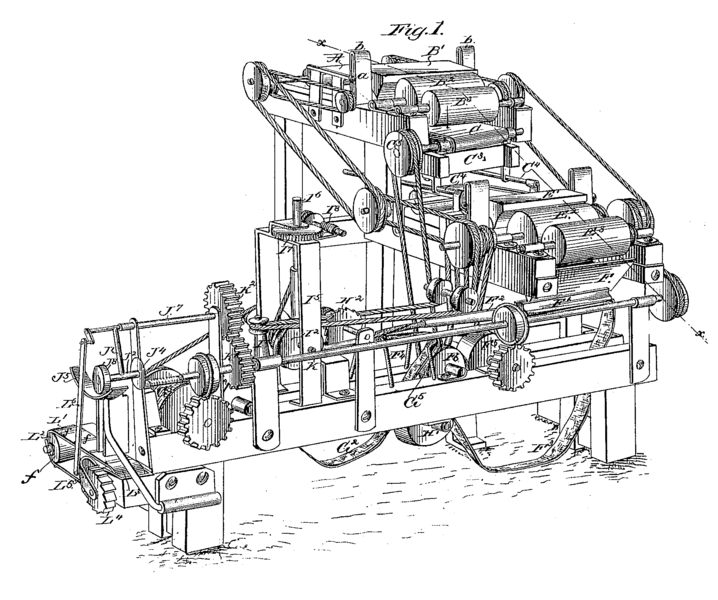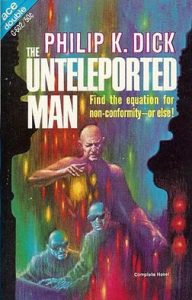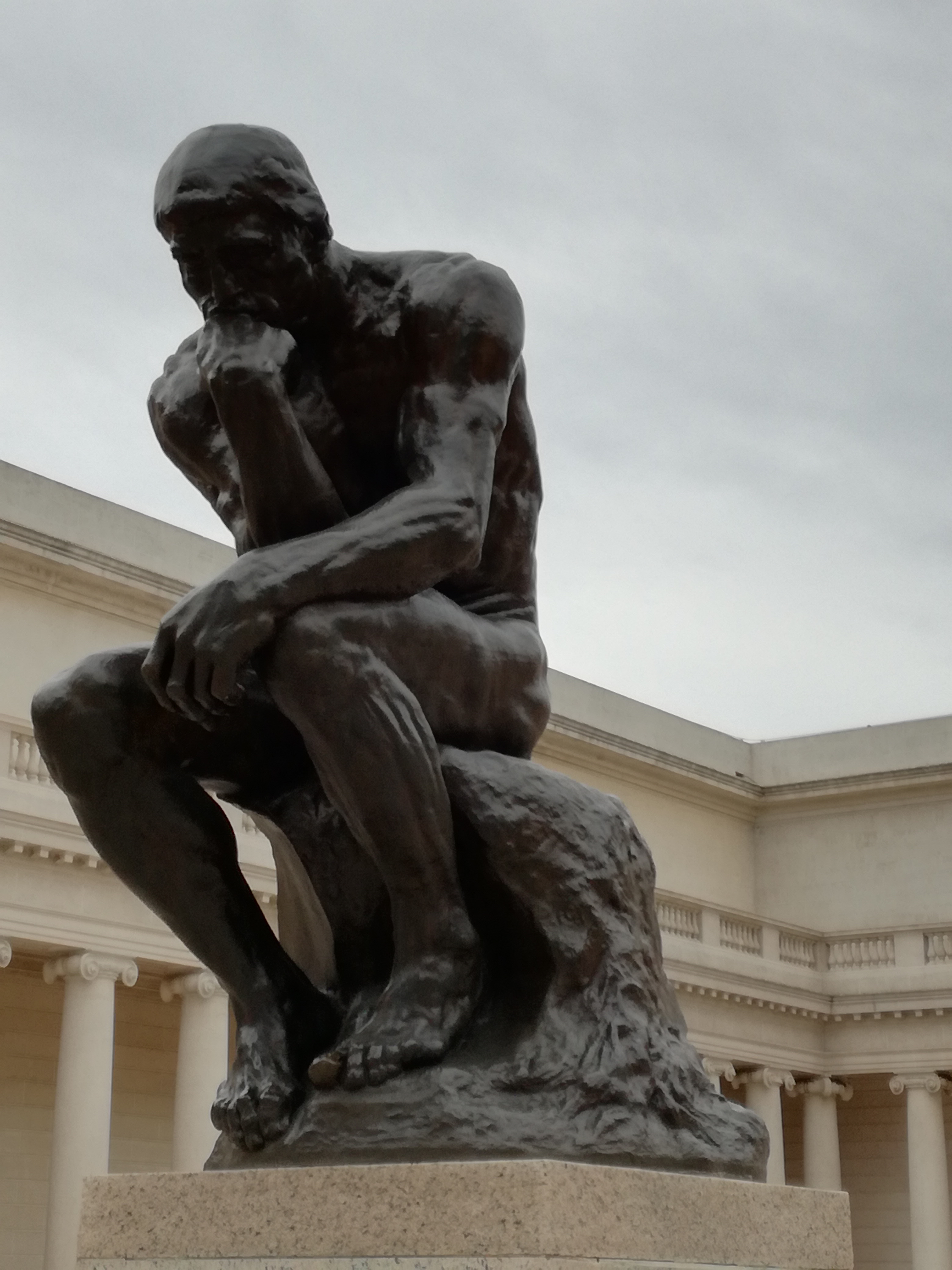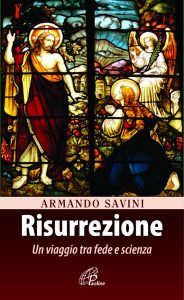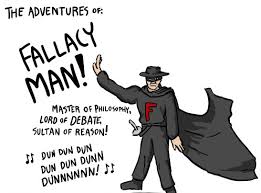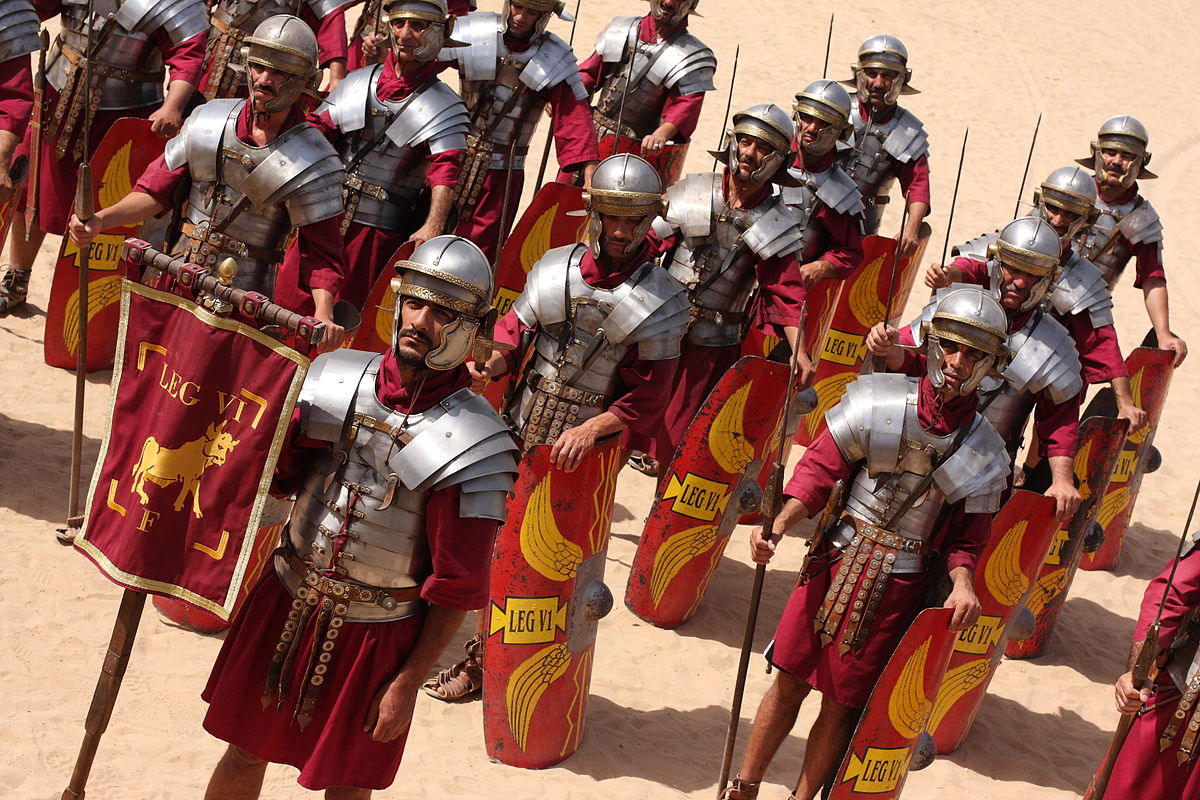
The Art of War (De rei militaris or Epitoma de rei militaris) is a classic of war studies. It has a particular descriptive value and not strictly strategic, that is, not so much focused on a normative dimension (principles of war and what I’ve called pure theory of war). Publio Flavio Vegezio Renato (from now only Vegetius, as it is universally known in English) is not substantially interested in general and strategic elements of war and “military art”. Therefore, he is not so much interested in what we would say today the part of war most connected with the state politics (or an empire) or concerning the nature of the strategic planning of the military campaign. Rather, he is a historian and tactician of the classical Roman era. Let it be said straight away that the Vegetius’ Art of the war is not a text written in the Rome’s Republican period but during the epigonic phase of the empire (4th century AD). The influence of the classical Roman period (understood in the period between the monarchic and the republican period up to Augustus included in this broad concept of Latin classicism) extends for all the pages of the work of Vegetius. He was far by considering the Roman imperial mandate as ended with the center of gravitation of civilization. He tries to find the reasons why the ancient Roman armies had made the city the center of the known world (by the Romans).



